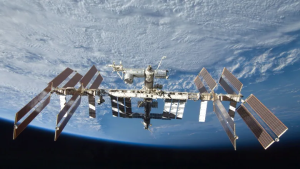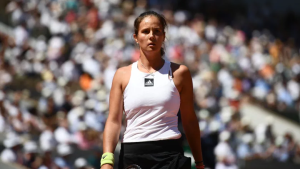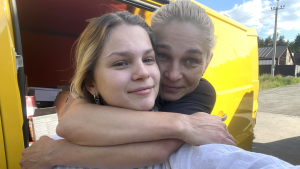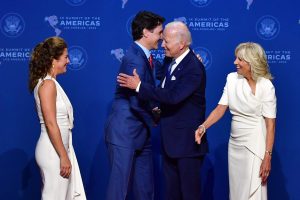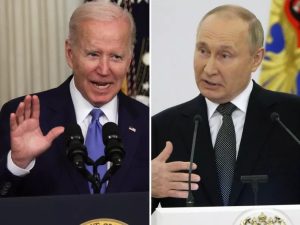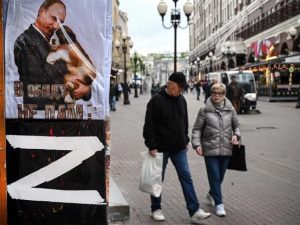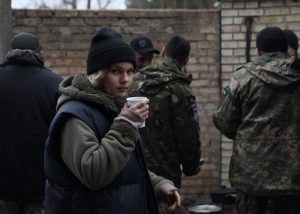Prof. Michael Byers comments on the significance of Russia’s announcement to depart from the International Space Station
“It’s a non-story in my view,” wrote Prof. Michael Byers, commenting on Russia’s decision to withdraw from the International Space Station. Byers argues that it’s most likely a public relations move more than anything.
Russia’s war is with the rise of Western values, and not just NATO, says Prof. Lisa Sundstrom
With Russian tennis player Daria Kasatkina recently coming out as gay, and also condemning the war in Ukraine, the Russian government targeting those in the LGBTQ+ community may be “a good way to kind of change the channel to seek out an alternative enemy,” says Prof. Sundstrom.
Resilient and Resourceful: Dr. Richard Price on what he learned from his time as Department Head
UBC Political Science is saying goodbye to Department Head Richard Price, who will be finishing his term as Department Head at the end of June. Since his appointment, Dr. Price has lead the department through challenges presented by a global pandemic, expanded departmental supports for graduate students, equity, diversity and inclusion, created a new course and published a new book.
Political Science student and aspiring war correspondent Anastasiia Lapatina on documenting the Russian invasion of Ukraine
“I don’t know if I am staying strong or coping. I, very often, kind of go into a very dark place in my mind because it’s very overwhelming,” says UBC Okanagan student Anastasiia Lapatina. Still, she continues reporting for The Kyiv Independent, and has no plans of stopping: “I really care about human stories.”
Prof. Maxwell Cameron writes on Canada taking an active role in Latin American politics
Prof. Max Cameron states that with the US “losing its leverage in the region,” Canada is in a prime position to act more independently of the US in the Latin American region, suggesting Canada should go beyond what Biden has accomplished.
Prof. Paul Quirk says Joe Biden’s interactions with Russia go beyond short-term political consequences
“Inflation, high gas prices, and food shortages will not help in the midterm elections,” noted Prof. Quirk, stating that Biden was still concerned about political consequences. “But most presidents have understood that… their responsibility is to do their best for the country.”
Prof. Lisa Sundstrom notes the impact of “ordinary Russians” in Russia’s invasion of Ukraine
Though she doesn’t blame Russian citizens for not expressing their discontent, Prof. Sundstrom is also coming to understand that the common Russians have continued to support the Russian regime and its actions despite alternative information sources available.
Pandemic and Putin turn UBC Political Science student into war correspondent
UBC Political Science student Anastasiia Lapatina has spent the last four months covering Russia’s invasion of her homeland, Ukraine, while studying political science full-time.
Prof. Yves Tiberghien comments on the implications of Huawei, ZTE ban in Canada
The recent Huawei and ZTE bans could further strain the Chinese-Canadian relationship, both politically and economically. “There have been signals that this decision has been coming for years,” Prof. Tiberghien said. “This will not be a shock to the system. If anything it will be a ripple in the bigger picture.”
Prof. Allen Sens hopes Trudeau’s visit to Ukraine goes beyond the symbolic
Additional military equipment assistance, financial assistance for eventual reconstruction, negotiations for an end to the war, and possible declaration of Russian republics within Ukraine could have been at the top of Trudeau and Zelenskyy’s agenda, says Prof. Allen Sens. However, banning Russian oil is still a sticking point.
